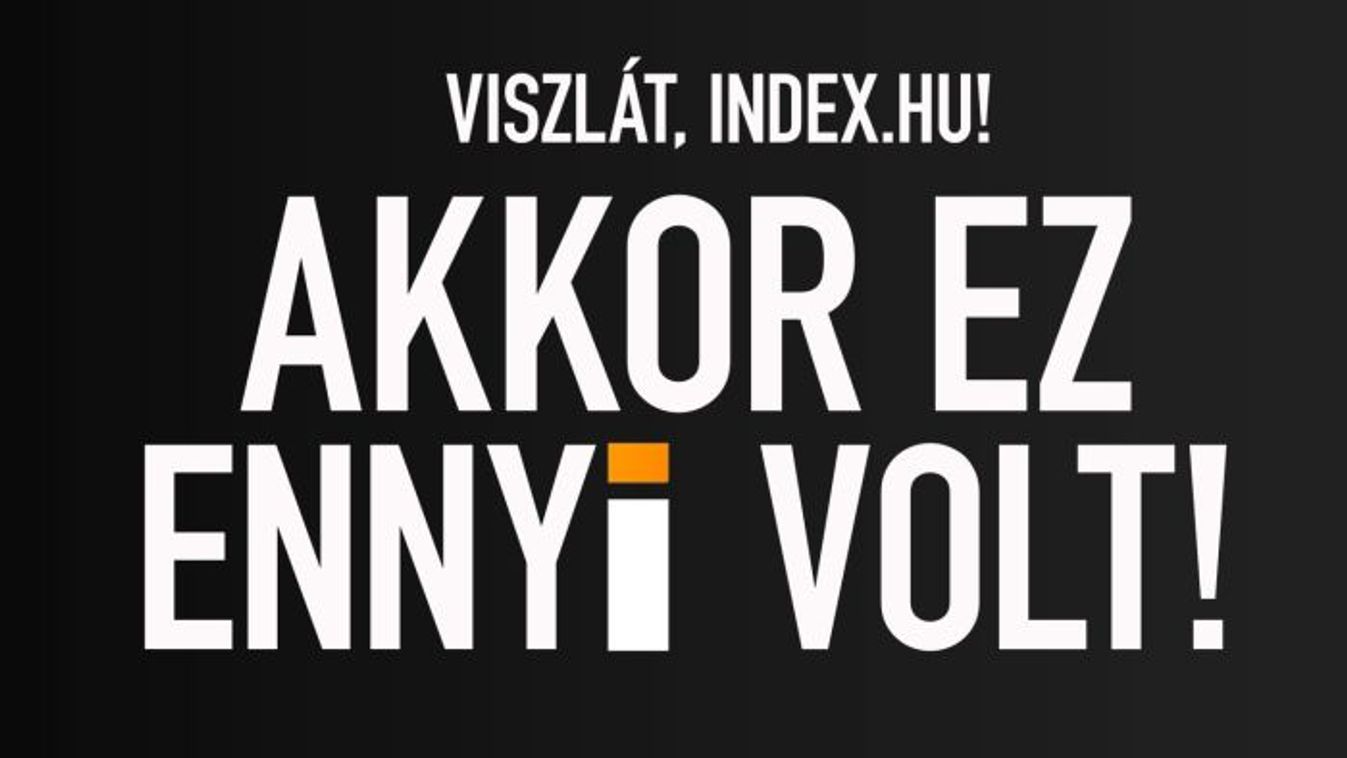
Germany got it right
They know how to goose an economy, those Germans. Ours, by contrast, seems more and more a turkey.
„Germans have something to honk about. Germany's economy is the strongest in the world. Its trade balance - the value of its exports over its imports - is second only to China's, which is all the more remarkable since Germany is home to just 82 million people. Its 7.5 percent unemployment rate - two percentage points below ours - is lower than at any time since right after reunification. Growth is robust, and real wages are rising. It's quite a turnabout for an economy that American and British bankers and economists derided for years as the sick man of Europe. German banks, they insisted, were too cautious and locally focused, while the German economy needed to slim down its manufacturing sector and beef up finance.
Wisely, the Germans declined the advice. Manufacturing still accounts for nearly a quarter of the German economy; it is just 11 percent of the British and U.S. economies (one reason the United States and Britain are struggling to boost their exports). Nor have German firms been slashing wages and off-shoring - the American way of keeping competitive - to maintain profits.
One key to Germany's miracle is the mittelstand, as the family-owned small and mid-size manufacturing firms that dominate the economy are known. Last week, I visited AWS Achslagerwerk, a factory of one such firm, in the farmlands of Saxony-Anhalt, about two hours west of Berlin. As in many such companies, this factory turns out specialized products: axle-box housings for Chinese and German high-speed trains, machine tools requiring climate-controlled precision measurement. With annual revenue of 24 million euros, the factory has won a significant share of the world market, though it employs only 175 production workers.”
Összesen 2 komment

Muri Enikő: Rohadt ijesztő volt azt olvasni, hogy el fogják vágni a torkomat
origo.hu
Hont Andrást egyetlen szóval kiakasztották az ATV-ben: közölte, ha még egyszer kimondják, elmegy (VIDEÓ)
mandiner.hu
Bréking: Felborult egy utasokkal teli hajó, rengetegen meghaltak, sokakat még keresnek
metropol.hu
Tűzszünetet jelentett be Putyin
magyarnemzet.hu
Hogy megnőtt a kis Hannaróza! Itt tölti a húsvéti ünnepeket Tóth Gabi és kislánya
ripost.hu
Kigyulladt egy folyami hajó, rengetegen meghaltak + videó
magyarnemzet.hu
Meghajoltak a kormány akarata előtt, ez pedig sok pénzt jelent a magyaroknak
mandiner.hu
A Falco 100 pont fölött a férfi kosár NB I rájátszásának nyitányán, a ZTE elrabolta a DEAC pályaelőnyét
nemzetisport.hu
Magyar Péter beismerte: minél rosszabb a magyaroknak, a Tiszának annál jobb! (FOTÓ)
mandiner.hu
Zűrös hét: magyarokra támadtak Romániában, életmentő műtéteket kellett végrehajtani a fradistákon
mandiner.hu
Már a külföldi sajtó is felfigyelt az Orbán-interjúra, Hont András sem hagyta szó nélkül
mandiner.hu







